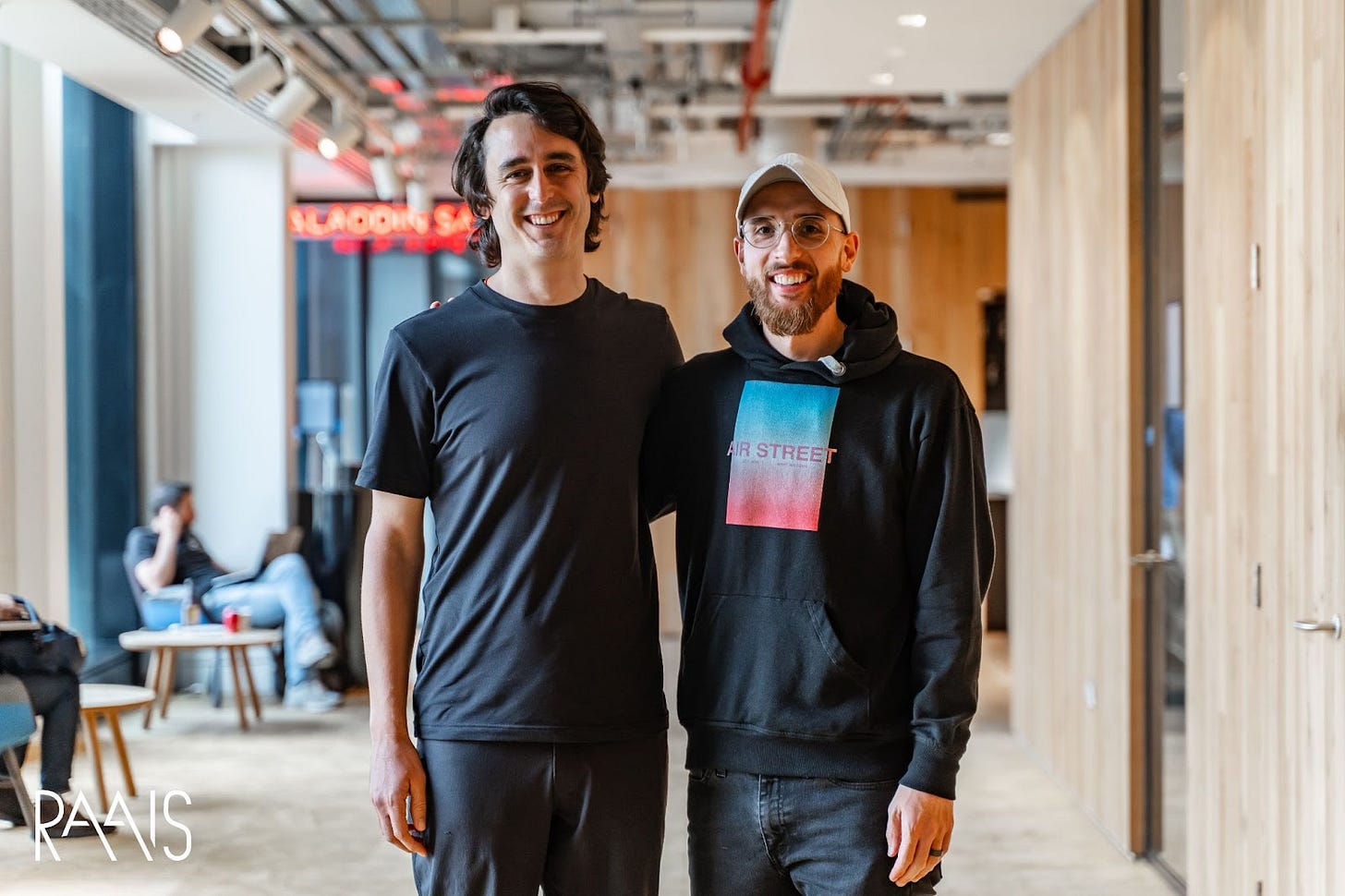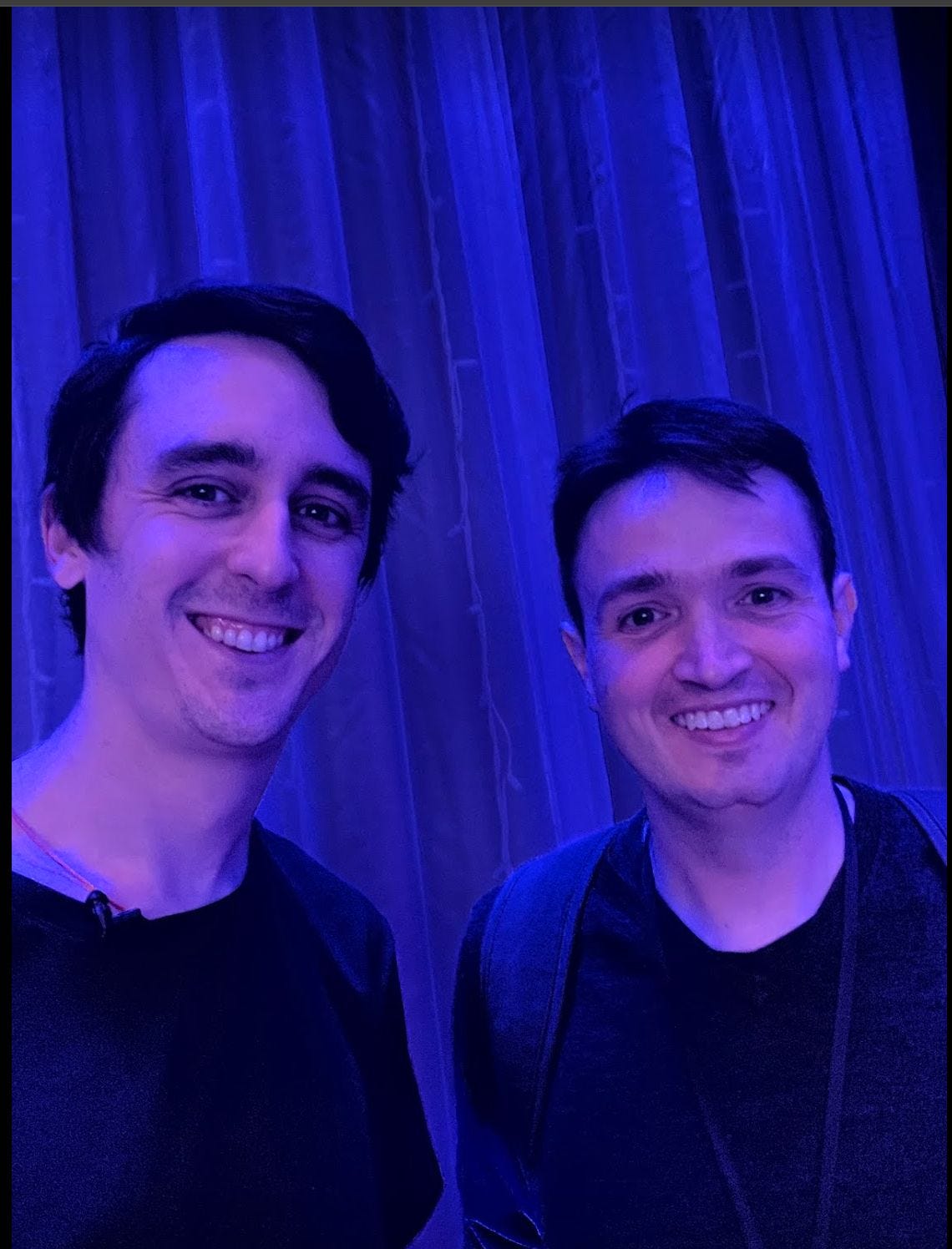Our investment in Odyssey
Powering breakthrough visual storytelling with AI-first generative worlds
Back in 2015/16, video generation seemed like something of a dead end. The state of the art Generative Adversarial Networks produced grainy videos (if you were lucky), with little coherence across frames and a range of unwelcome artifacts and distortions. But in the last couple of years, sophisticated transformer- and diffusion-based models have started to produce stunning video on demand.
While these text-to-video models are usually good enough for clips, GIFs, or memes, they haven’t demonstrated an ability to create high-quality long-form content. Moreover, when you look at their output closely, they routinely struggle to get basic physics and geometry right.
This isn’t necessarily a comment on the quality of these models. Good long-form video blends characters, landscapes, and storylines together in a sophisticated way. It’s unrealistic to believe that this can be abstracted away to a high standard with simple text prompting.
The field needs to move beyond this paradigm for two reasons. Firstly, this approach is hard to productise and deploy usefully in the real world. Not only are the videos short, the model output is a fully-baked MP4 file, giving the end user little ability to edit or control the shot and essentially no version (or fine-grained) control of the content and its components. Secondly, we’ve already seen how bad AI-generated text has polluted websites and email; it would be a tragedy if the same happened with video.
The prize for getting video generation right is huge. We all love movies, and successful entertainment franchises are often as valuable as publicly listed companies. However, the economics for creating movies are now upside down, and new technologies are needed more than ever.
Enter the Odyssey
That’s why we’re delighted to announce our investment in the $8M maiden round for Odyssey.
Odyssey is working to unlock AI-generated long-form, Hollywood-grade video. Instead of relying on one model to rule them all, the team is training four models that each represent different components of visual storytelling: geometry, materials, lighting, and motion. Each model is highly controllable, and integrates closely together to generate high-quality, directable scenes and shots. This is powered by a large-scale data engine influenced by self-driving cars, combining real-world data with 3D training data created by a team of Hollywood VFX artists.
Alongside rich visuals, this approach has been designed with the end user in mind. Instead of simply prompting and hoping for the best, the user has precise control over every generated element in the scene, and benefits from version control that allows them to iterate until they reach the implementation they love. The outputs from models can also integrate seamlessly into existing tools and workflows.
Odyssey’s founding team combines experience in shipping AI-first products at scale with state-of-the-art in artificial intelligence and computer vision. The co-founders come from the self-driving world - where the ability to unpack an insanely complex problem into addressable components, build a great product and simulate physics along the way could hardly be more important.
Oliver Cameron (CEO) served as VP of Product at Cruise, where he led the launch of the world’s fully driverless product in San Francisco, before scaling it to 3 major US cities. Oliver joined Cruise after it acquired Voyage, a self-driving car startup he co-founded.
Jeff Hawke (CTO) was the founding engineer at Wayve (in which I am an angel investor), where he pioneered the use of end-to-end models to drive cars on complex roads. He played a leading role in building the company and developing a world-first AI driver.
Oliver and Jeff have recruited top-tier researchers and engineers who have played key roles in delivering self-driving cars, novel simulation systems, award-winning video games, and leading computer vision and computer graphics breakthroughs. Their team hails from Cruise, Waymo, Wayve, Tesla, Microsoft, Meta, and NVIDIA.
At Air Street, we believe that, by itself, great research or strong AI models aren’t enough to build an enduring market leader. Successful entrepreneurs combine these with a deep understanding of their customer and a relentless focus on execution. Oliver and Jeff’s track record, combined with the incredible team they’ve built, make us confident that they can transform film with AI, much like Pixar originally did with CGI.
The team is hiring! Check out openings here.





